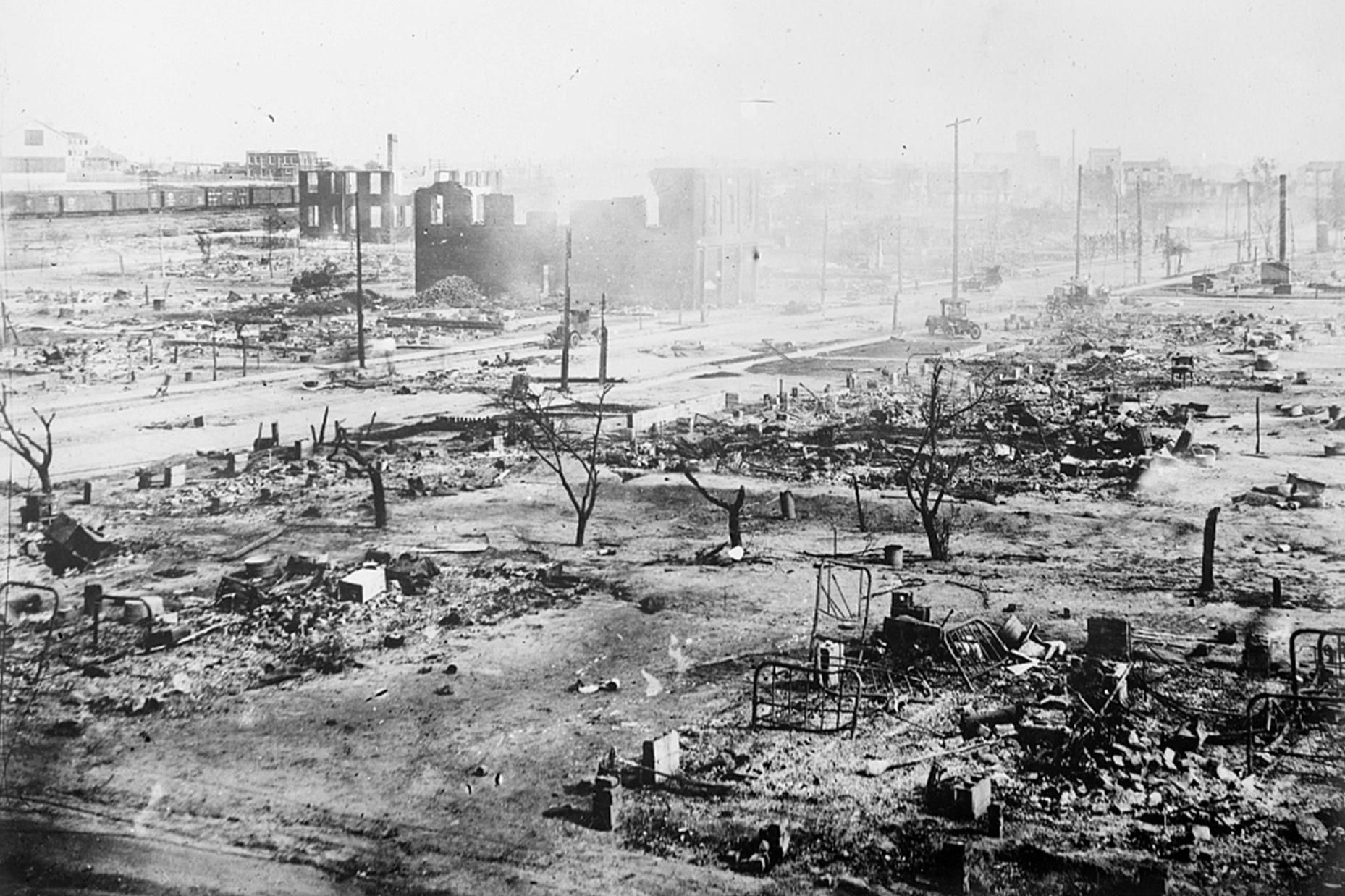Hard Numbers: Tulsa massacre centennial, Somaliland votes, Peru undercounted COVID deaths, Chinese blogger jailed
100: Joe Biden on Tuesday visited Oklahoma to mark the 100th anniversary of the Tulsa Massacre, one of the worst episodes of racial violence in US history. Some 300 African Americans were killed in the once affluent neighborhood of Greenwood, known as the "Black Wall Street," where all the houses were burned down by white supremacist mobs.
16: The Somali region of Somaliland held on Monday its first parliamentary election in 16 years, after the three major political parties resolved a long-running dispute over the makeup of the electoral commission. Somaliland, a rare pocket of peace and stability in the conflict-plagued Horn of Africa, declared independence from the rest of Somalia in 1991, but its sovereignty is not yet internationally recognized.
180,764: Peru has revised its official COVID death toll to more than 180,764, almost tripling the previous fatality count — in part due to previous lack of testing. The new figure means that the Andean country has the world's highest COVID death rate per capita less than a week before Peruvians go to the polls to vote in the presidential runoff election.
8: A court in China has sentenced popular blogger Qiu Ziming to eight months in prison for "defaming martyrs" after he wrote that more Chinese soldiers had died in clashes with Indian troops during a Himalayan border dispute last summer than Beijing's official count. Qiu is the first person to be jailed under a 2018 law that criminalizes criticism of China's military.